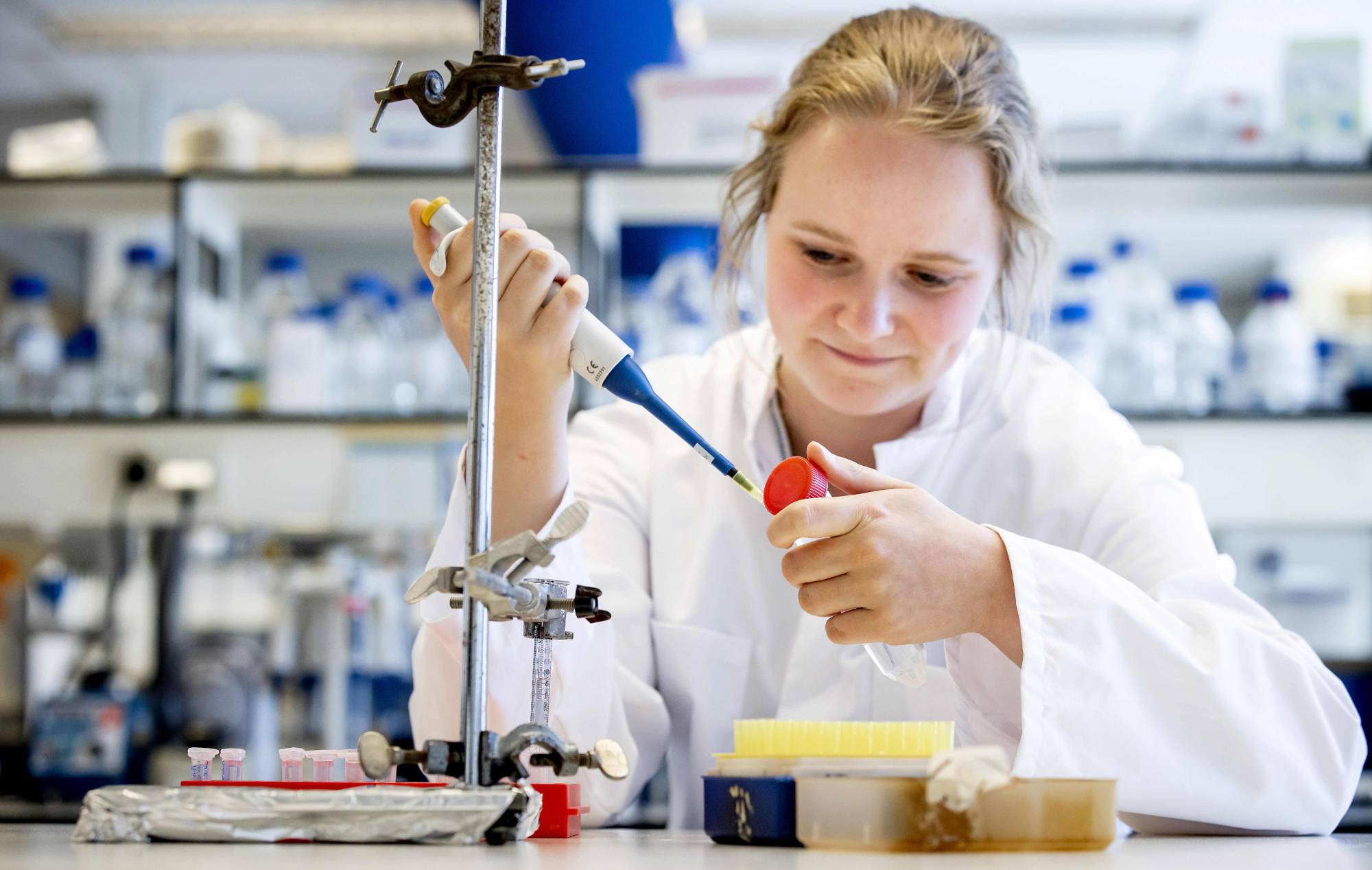The way the COVID-19 crisis ends is with vaccines — not a vaccine. More than one horse can win this race. Some of us might end up getting a shot of a more traditional vaccine, which uses parts of an inactivated virus to stimulate immunity. Others might get vaccines based on emerging technologies that use synthetic versions of the virus’s genetic code.
One such novel candidate, based on RNA — the single-stranded cousin of DNA — and made by Moderna, showed promising results in early human trials, though critics warned the evidence is preliminary. Meanwhile, a different prototype based on DNA made headlines for an experiment that showed it worked in monkeys.
In the end, some vaccines might be extremely effective but harder to scale; others the opposite. Even a less-effective vaccine might work well enough to provide herd immunity in a wider population. Other vaccines might be more appropriate for health care workers, who have to risk exposure on the job, and need protection as soon as possible.



















With your current subscription plan you can comment on stories. However, before writing your first comment, please create a display name in the Profile section of your subscriber account page.